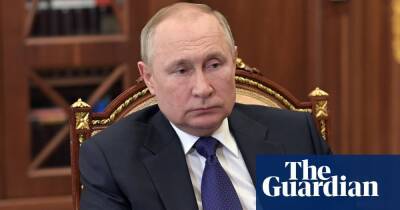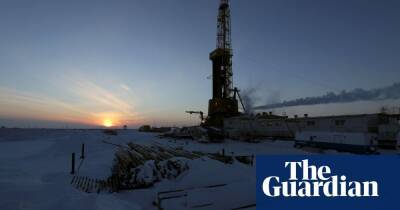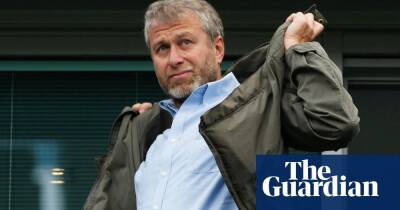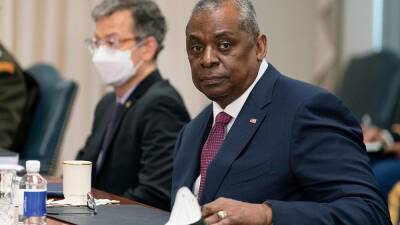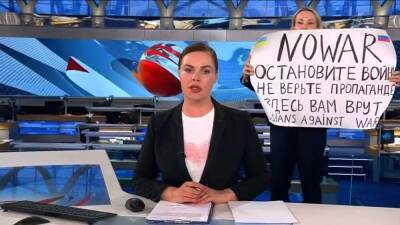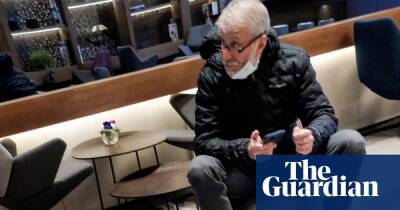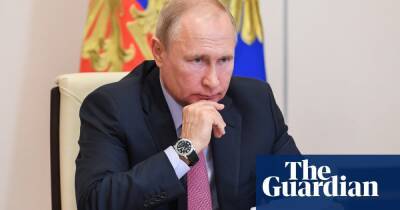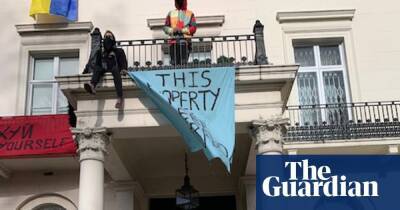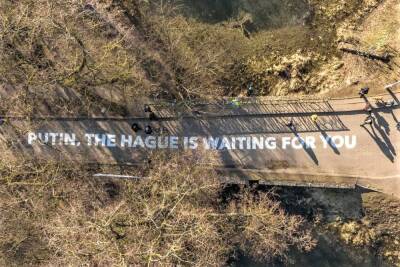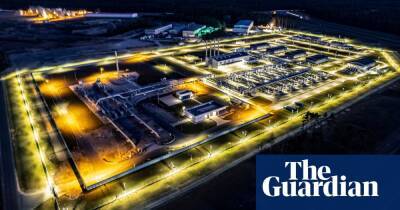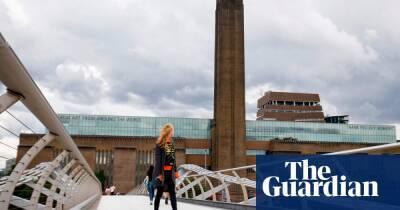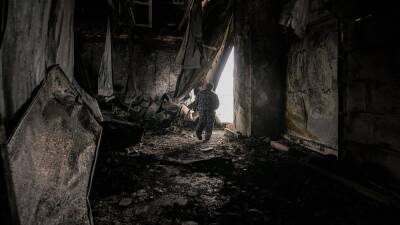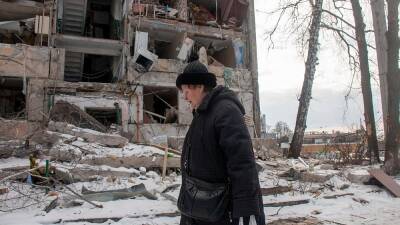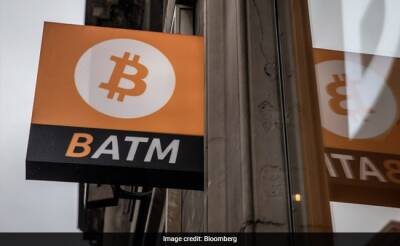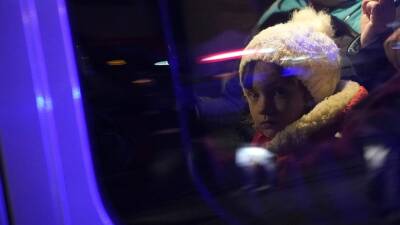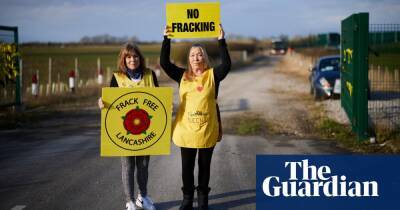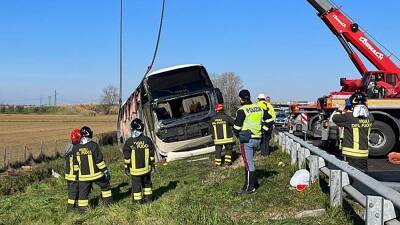Bye-bye to the Big Mac: Russia’s war heralds a dark, isolated economic era
The big western brands showed Vladimir Putin how to do it. While the Kremlin’s army was getting bogged down in Ukraine, Coca-Cola and Starbucks lost no time in closing their doors to Russian customers.
But the most emblematic move of all came from McDonald’s, which has shut all 850 of its outlets in Russia. The availability of Big Macs in the Soviet Union was seen in 1990 as evidence that the west’s old cold war foe was turning its back on communism, but the past fortnight has rekindled memories of the bad old days. There were queues outside McDonald’s when it first opened in Moscow. Last week, Russians queued for one last burger before the pull-out began.
One of Putin’s predecessors in the Kremlin – Lenin – once said there were decades when nothing happens and weeks when decades happen, and that’s true of the period since Russian troops moved across the border into Ukraine on 24 February.
It is not just that Russia faces a brutal recession. It is the shattering of the idea of a seamless post-cold-war global economy. It is the return to days of higher defence spending in the west. It is the possibility that governments may backpedal on their net zero carbon pledges.
“Putin has created his own worst nightmare,” says Mohamed El-Erian, chief economist at Allianz and president of Queens’ College, Cambridge. “He has united the west in a way it hasn’t been for a long time; he has been the catalyst for arms to Ukraine on a large scale; he has changed Germany’s approach to military spending; and he has brought the Russian economy to its knees. It is incredible.”
Freezing the bulk of Russia’s reserves has meant the central bank has struggled to shore up the rouble, which has plummeted by a third on the currency markets. Capital
Read more on theguardian.com

